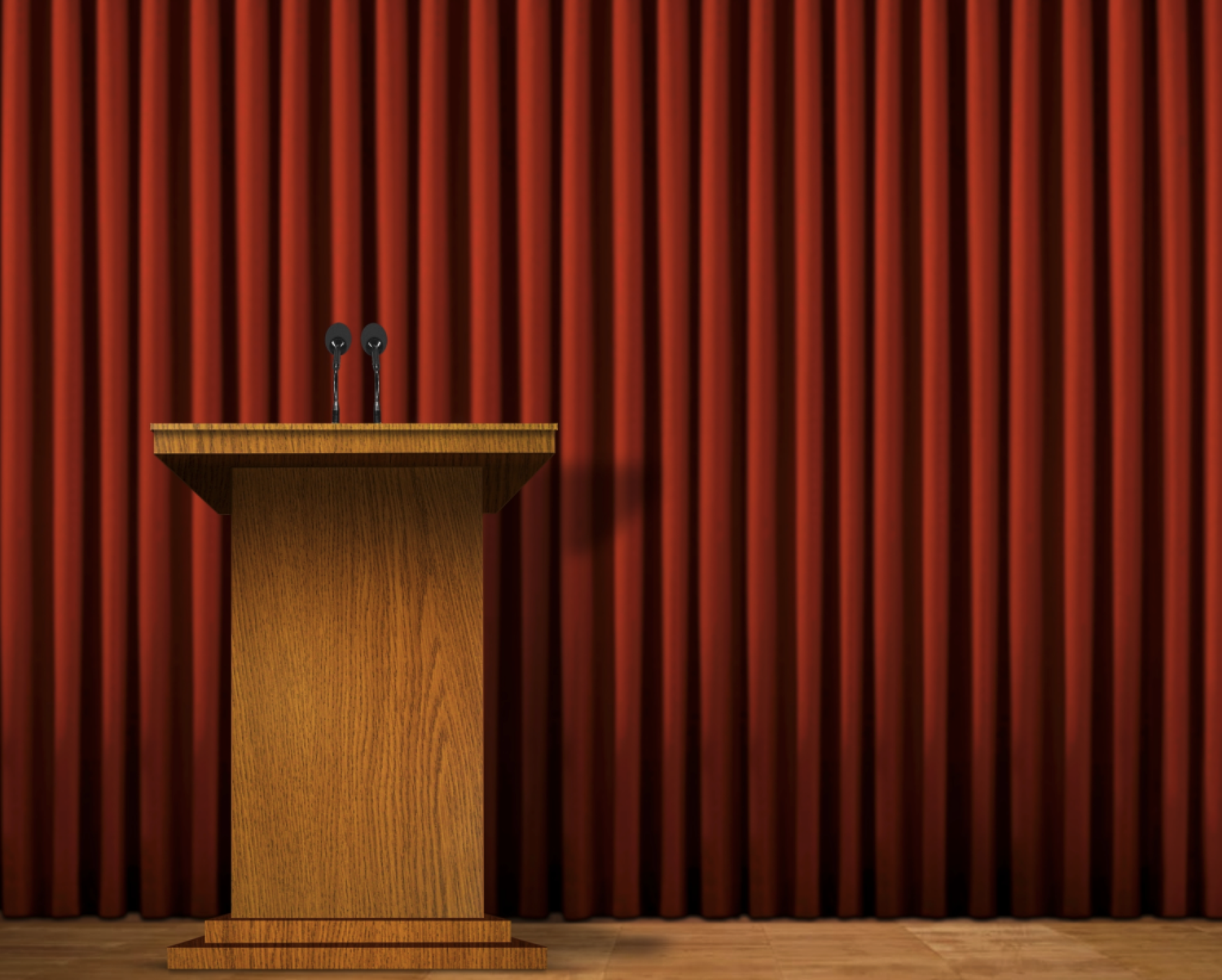Offered a choice, Charlie Kirk would have preferred not to enter a marijuana cloud to discuss theology, politics, science and the dangers of free speech.
But the Turning Point USA activist -- assassinated on September 10 at Utah Valley University -- had welcomed the opportunity to join comic Bill Maher on the "Club Random" podcast that aired this past Easter.
"Bill treated me great. … He was very pleasant, albeit at times rather crude," said Kirk, in an online commentary about the show. However, he quipped, if football players have to "play in the snow," then a "political commentator fighting for Jesus" needs to "play in the weed."
Maher was shaken by Kirk's bloody death. On his "Real Time" show days later, the religious agnostic and political liberal said: "I like everybody. … But he was shot under a banner that said, 'Prove me wrong,' because he was a debater, and too many people think that the way to do that -- to prove you wrong -- is to just eliminate you from talking altogether. So, the people who mocked his death or justified it, I think you're gross. I have no use for you."
Both men worked with security teams, due to death threats. Kirk described his calling with variations on this: "When people stop talking, really bad stuff starts. … What we as a culture have to get back to is being able to have a reasonable disagreement where violence is not an option."
In addition to discussing the potency of modernized marijuana, Kirk and Maher veered from science debates about gender dysphoria to the origins of ultimate truth, from Hollywood trust-fund "nepo babies" to myriad battles surrounding Kirk's friend, President Donald Trump.
The "real fun" began, said Kirk, with complex issues defined by Maher's "Religulous," a scathing critique of religious faith. Kirk knew the book inside out.










